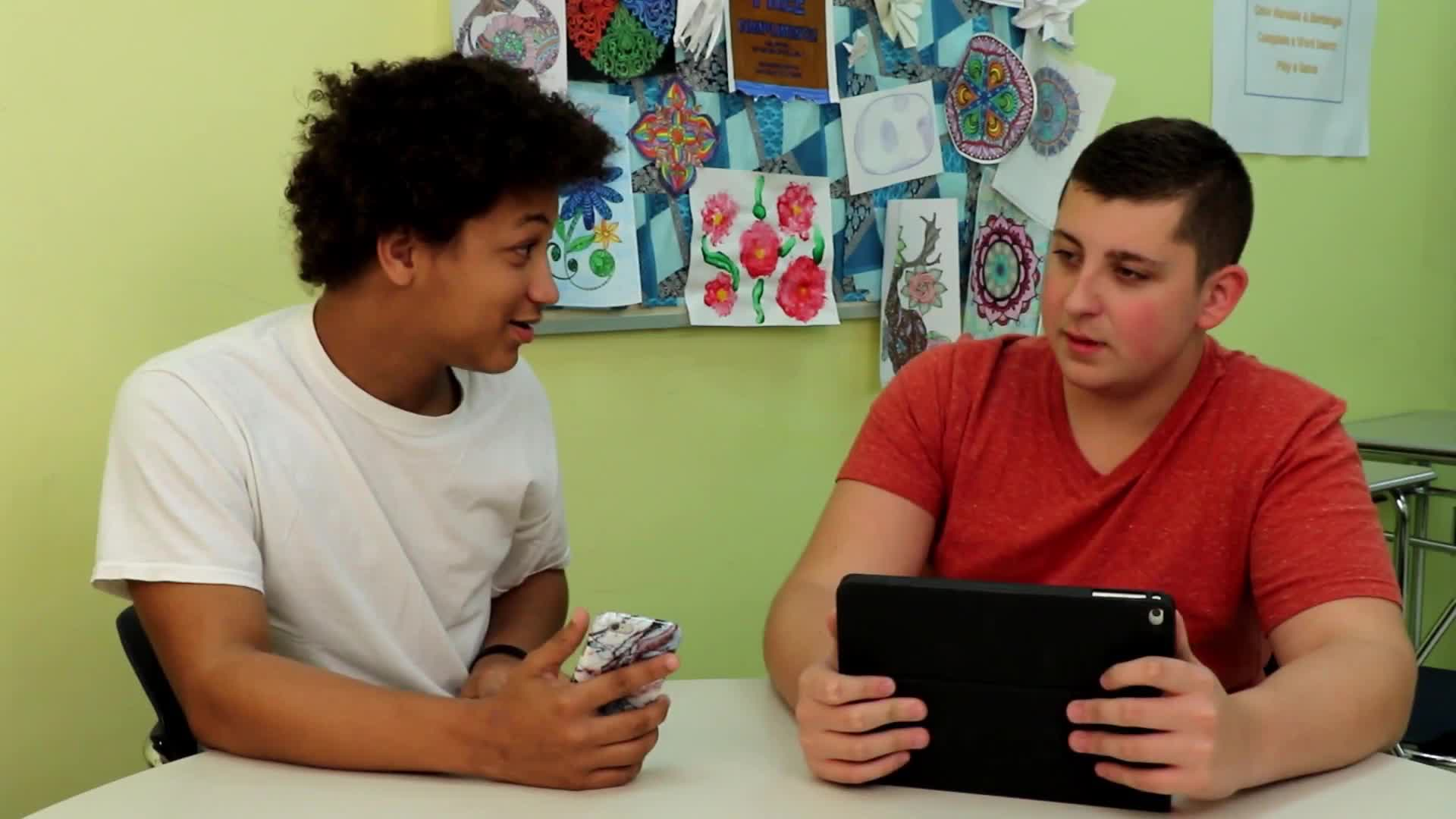
Introduction
In special education, understanding and developing students’ communication skills is crucial. The target skill we will be focusing on plays a significant role in fostering appropriate and respectful interactions with others, ensuring students can thrive both academically and socially.
Understanding the Art of Respectful Communication
The target skill in question revolves around the ability of students to communicate respectfully and appropriately in various situations. This skill helps students consider the impact of their words and actions on others, encouraging them to think before they speak. As a result, it positively affects their learning, social interactions, and overall wellbeing.
The Role of Specialists
Various specialists can support the development of respectful communication skills in students:
- Speech-Language Pathologists can help students refine their language skills and provide strategies for appropriate verbal communication.
- Social Workers can support students in understanding social norms and expectations, promoting respectful interactions with peers and adults.
- Psychologists can address underlying emotional or behavioral issues that may hinder effective communication.
- School Counselors can provide guidance and resources to help students practice and refine their communication skills in various situations.
IEP Goals for Respectful Communication Skills
Here are three SMART IEP goals to improve respectful communication skills in students:
- Goal 1: The student will demonstrate the ability to think before speaking in 80% of observed situations, considering the potential impact on others. Strategies and activities may include role-playing scenarios, social stories, and self-reflection exercises.
- Goal 2: The student will use indirect language to communicate concerns or corrections in a respectful manner in 75% of observed instances. Activities may include practicing polite phrases, analyzing scenarios, and participating in group discussions.
- Goal 3: The student will appropriately seek clarification or ask questions in 80% of observed situations, demonstrating respect for others’ perspectives. Strategies may include teaching active listening skills, providing sentence starters, and encouraging open-ended questions.
Implementing and Measuring Progress
Effective implementation of these goals involves close collaboration between educators, specialists, and families. Regular progress monitoring through observations, assessments, and student self-evaluations can help determine the effectiveness of strategies and activities being used.
Conclusion
Developing respectful communication skills is essential for students’ success in various aspects of their lives. By incorporating these IEP goals and strategies, educators can help students improve their communication abilities and foster positive social interactions. To explore more resources and sample materials, visit Everyday Speech Sample Materials.





